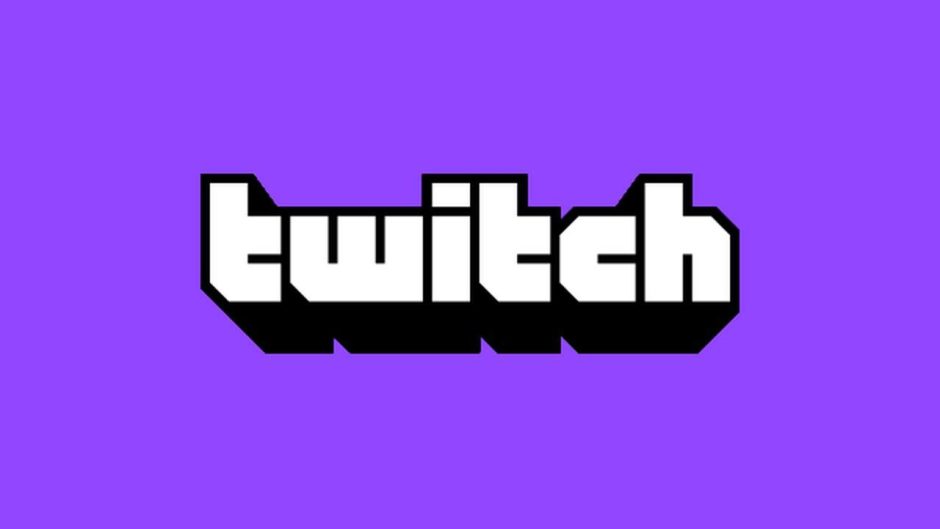Will the Twitch “Adpocalypse” Ruin Thousands of Streamers?

Twitch is reeling from what many are calling the Twitch “Adpocalypse.” The term refers to a dramatic downturn in ad revenue following increased advertiser concerns over extremist and controversial content on the platform.
This crisis has sparked debates among creators, with figures like Hasan “HasanAbi” Piker and Zack “Asmongold” Hoyt at the forefront of the discourse.
“Sensitive” Content Policies and Demonetization
Twitch has implemented stricter moderation of content deemed unsuitable for advertisers.
Choose your favorite Online Casino now
This applies to sensitive content in particular. But what does “sensitive content” mean? Certainly sexual and extremist content, but also political content in general. That, of course, is a problem.
Political and polarizing material, including discussions on Middle Eastern conflicts, has been a significant target. For instance, streamers using politically sensitive keywords like “Iran” have reported demonetization despite compliance with platform rules.
Yet, even if you talk about political and military conflicts without taking sides and without any form of extremist statement, your content might be demonetized.
This will lead to less creators producing informative and valuable content on subjects of political importance.
Creators argue that these measures disproportionately impact them, citing unclear guidelines and inconsistent enforcement.
Extremist content and its adjacency to advertisements have exacerbated the issue. Advertisers pulling out from Twitch is reminiscent of YouTube’s 2017 adpocalypse, where brands demanded safeguards against their ads appearing alongside problematic videos.
Creators’ Perspectives
HasanAbi has faced criticism for his politically charged streams, with allegations of antisemitic rhetoric.
Asmongold has accused him of catalyzing Twitch’s revenue drop, attributing a large portion of advertiser backlash to Hasan’s controversial content.
Hasan, in turn, criticized Asmongold for inflaming tensions by threatening to expose Twitch’s moderation team, potentially deterring advertisers further.
Both creators have used their platforms to push for accountability—Hasan advocating for broader free speech protections and Asmongold demanding better transparency in moderation.
However, their opposing views have fueled public debate and divided the streaming community.
Elon Musk’s Lawsuit Against Twitch
Adding another layer of complexity, Elon Musk’s social media platform X (formerly Twitter) has filed a lawsuit against Twitch, accusing the streaming giant of boycotting advertisements on X.
It is a rather bizarre lawsuit when you think about it. Musk is basically saying that Twitch is reducing the ad placements on X to actively harm Musk’s business.
However, Twitch took these measures because since Musk’s takeover, there is even less moderation on X. That led to an explosion of extremist content on the platform, so Twitch drawing consequences makes sense.
This lawsuit follows broader industry scrutiny of Twitch’s relationships with advertisers and content platforms. Critics have dismissed Musk’s legal move as weak, but it underscores the heightened competition and tension in the digital advertising space.
Looking Ahead
Twitch faces mounting pressure to balance free expression with the need to placate advertisers.
The outcome of this crisis may reshape its content policies and partnerships with creators, echoing challenges that have plagued other platforms in the past.
As prominent streamers threaten to leave for rival services like Kick and Rumble, the stakes for Twitch’s future remain high.
In a longer post on X, Devin Nash has given a concise overview about the Twitch Adpocalypse, including the main reasons of why it is happening.
More selected News for You
- Kai Cenat announces 100+ hrs Elden ring Stream
- Amouranth streams again
- Julia Poca signs Aviator Deal
You must be logged in to post a comment.



